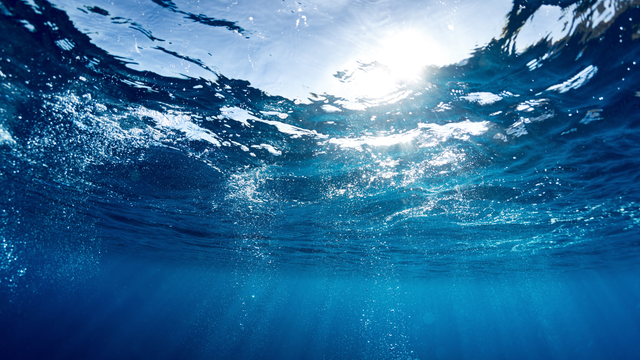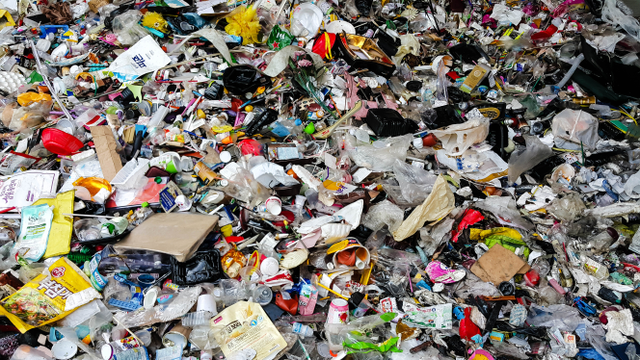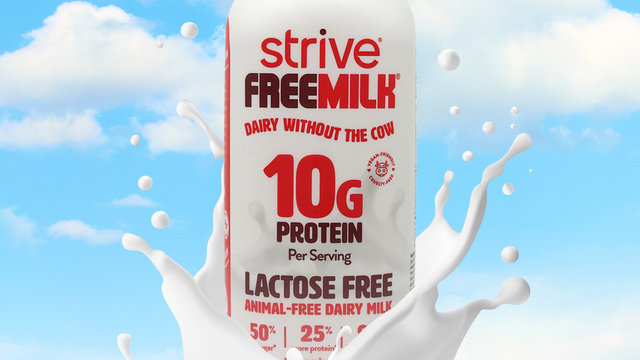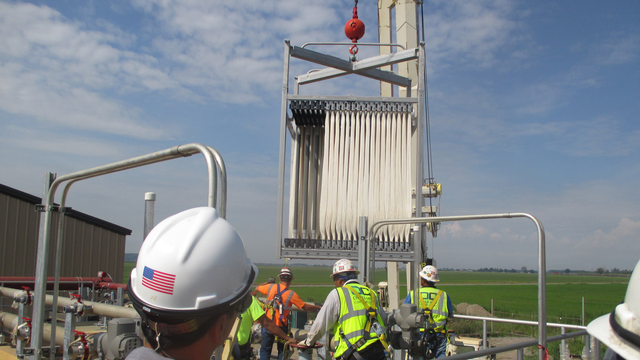Across the challenging gas fermentation landscape, where few have achieved commercialization, companies have been developing ways to convert carbon dioxide — another greenhouse gas — into bioplastics. But Mango Materials is pioneering leveraging bacterial fermentation to convert methane into PHA at scale and is now exploring how to significantly advance its “Launch Facility” — a fully integrated methane-to-PHA site with 5000L fermentation capacity - to full-scale commercialization.
Part of the mission: determine how to achieve cost parity with polyethylene or other conventional plastics made from petroleum.
How quickly the plastic biodegrades after its usefulness ends varies according to the environment and the material’s thickness.
BioMADE, a nonprofit encouraging the development of biomanufacturing technologies and funded by the Department of Defense, is helping fund the effort, having announced in October 2024 a $26.9 million investment in 17 projects, including Mango Materials, supporting U.S. bio-industrial manufacturing innovations and workforce development. The University of California at Davis is collaborating on workforce considerations.
Mango Materials knows that a better, cleaner world awaits with biodegradable plastic, well aware of scientists’ estimates that just 9 percent of plastic is recycled globally. Most of it — some 70 percent — finds its way into landfills or the environment.
A welcome thought for the marine life that calls the ocean their home.








